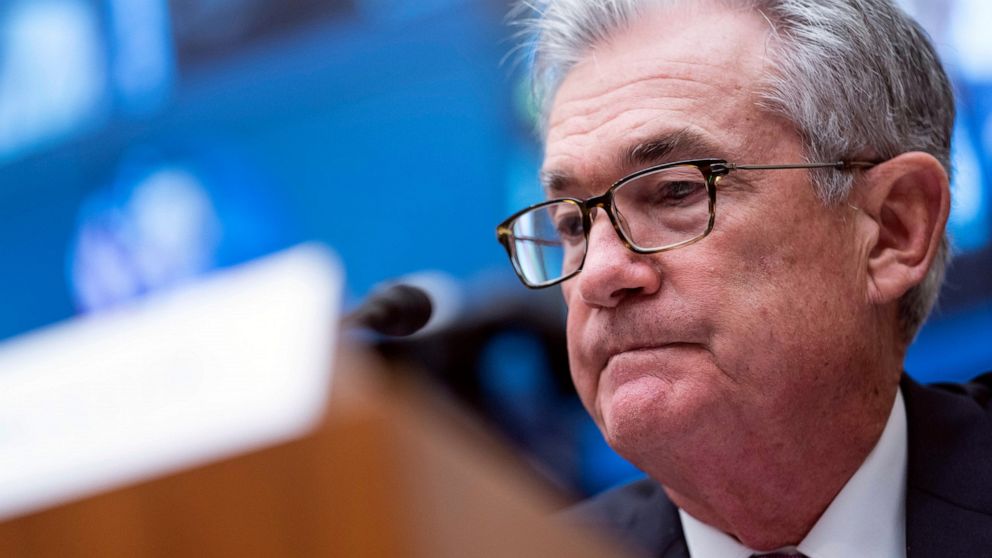
Fed to begin slowing economic aid as inflation worries rise
ABC News
The Federal Reserve will begin dialing back the extraordinary economic aid it’s provided since the pandemic erupted last year, a response to high inflation that now looks likely to persist longer than it did just a few months ago
WASHINGTON -- The Federal Reserve will begin dialing back the extraordinary economic aid it's provided since the pandemic erupted last year, a response to high inflation that now looks likely to persist longer than it did just a few months ago.
In a statement Wednesday after its latest policy meeting, the Fed said it will start reducing its $120 billion in monthly bond purchases in the coming weeks, by $15 billion a month, though it reserved the right to change that pace. Those purchases have been intended to hold down long-term interest rates to encourage borrowing and spending. With the economy recovering, that's no longer needed.
The Fed will slow its $80 billion in Treasury purchases by $10 billion a month and its $40 billion in mortgage-backed securities by $5 billion in November and December and said similar reductions “will likely be appropriate” in the following months. That suggests that the central bank might decide to accelerate its pullback in bond buying if inflation worsens.
If the pace is maintained, the bond purchases would end altogether in June. At that point, the Fed could decide to raise its benchmark short-term interest rate, which affects many consumer and business loans. That would be much earlier than Fed officials had envisioned last summer, when they collectively forecast that the first rate hike wouldn't happen until late 2023.
